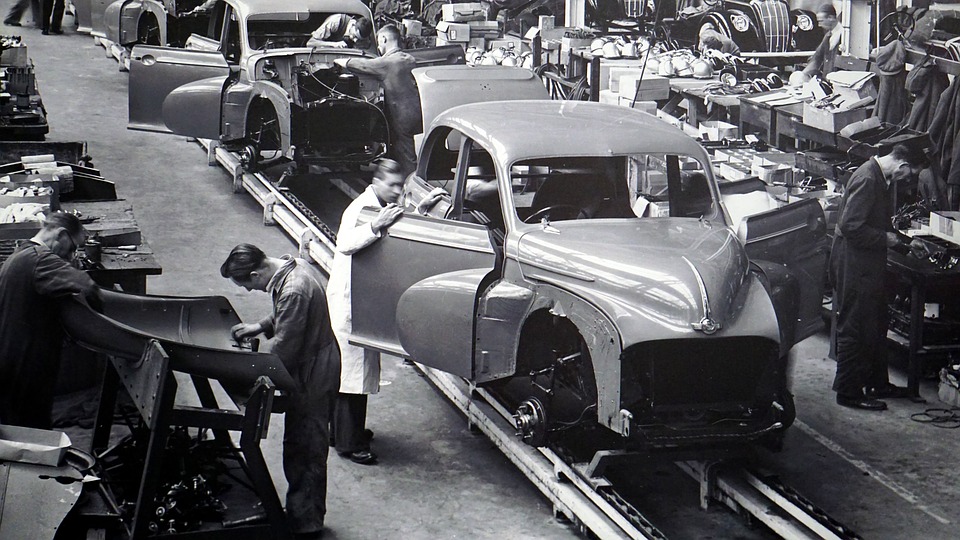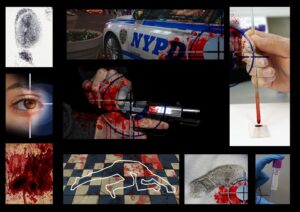
Guardrail Manufacturer Trinity Industries Was Found To Have DeFrauded The Government By Not Disclosing Changes To Its’ Guardrails Making Them Dangerous To Drivers.
A federal judge in Texas has ordered Texas-based guardrail manufacturer Trinity Industries to pay $682 million in damages, attorney fees, and whistleblower payouts for its failure to report design changes of its ET-Plus guardrails to the federal government. Critics of the guardrails claim that the new design changes made the guardrails dangerous, with a potential for the rails to spear into the interior of vehicles during high speed crashes.
Over 30 states and Canada have banned the use of ET-Plus guardrails. The guardrails have been blamed for the deaths of 40 people and hundreds of injuries since their design change in 2005.
Guardrail Lawsuit
Accourding to NBC news, the guardrail lawsuit was filed by a Trinity competitor in Virginia on behalf of the U.S. government. The original whistleblower alerted the U.S. government to the potential risks in the new guardrail designs last year. In October 2014, a jury from Marshall, Texas declared that Trinity Industries defrauded the government by not notifying federal safety authorities about the re-design of the ET-Plus guardrails. The plantiff stated that the guardrails do not fold up during a crash as they are designed to do, but instead, drive into the vehicle causing injuries to passengers.
In the October trial, the Texas jury stated that Trinity should pay $175 million. However, after a failed mediation between Trinity Industries and the plaintiff, U.S. District Court Judge Rodney Gilstrap tripled the jury’s award and added an additional $138 million in penalties to Trinity Industries for false claims. The whistleblower who alerted the federal government to the fraud was awarded a payout of 30 percent, which equaled $199 million, plus an extra $19 million in attorney fees. Although the U.S. Government did not suit Trinity Industries, it will receive the bulk of the payout of $464 million.
The original ET-Plus guardrail design had an end cap that was five inches long. In 2005, Trinity Industries changed the end cap length from five to four inches, stating that this would save the company thousands of dollars a year without sacrificing safety. However, when the rails are hit head on, rather than collapsing in all cases according to the original design, some crashes result in the guardrail piercing the interior of the vehicle. Piercing is more likely in crashes occurring at speeds above 35 miles per hour.
Trinity Industries told NBC News that it plans to appeal the decision by the Texas judge. “We believe the evidence clearly shows that no fraud was committed,” company spokesman, Jeff Eller, said. According to Eller, the new guardrail designs have passed all seven required safety tests by the Federal Highway Administration (which were conducted in early 2015). According to Trinity Industries, all states that purchased the untested ET-Plus guardrails have been reimbursed for their purchase.
Contact:
Wright & Schulte LLC
865 S. Dixie Dr.
Vandalia, Ohio 45377
1-800-399-0795
www.yourlegalhelp.com




